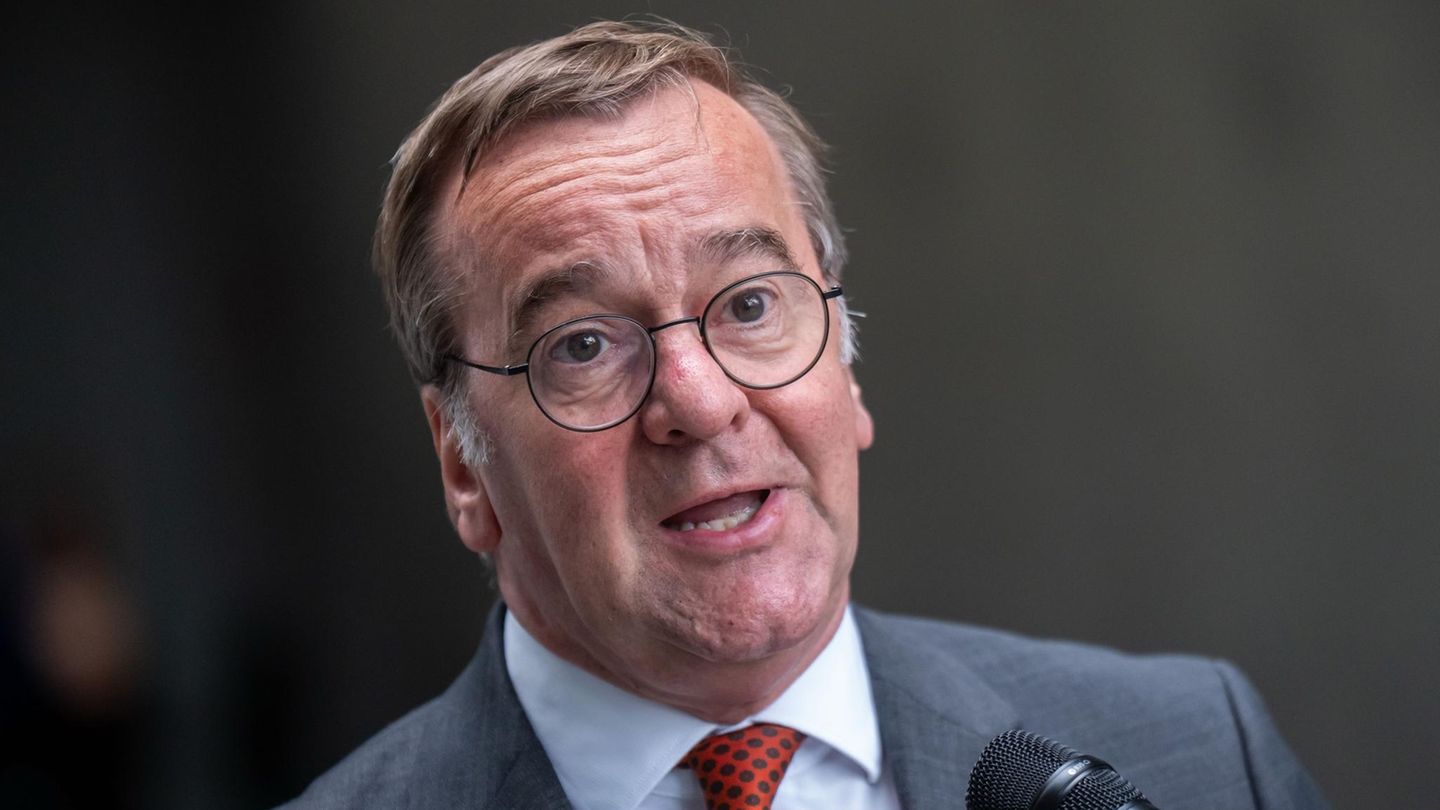Image: HELMUT FOHRINGER (APA)
The collective agreement negotiations for the metalworking industry were concluded on Thursday after employer and employee representatives were able to agree on a “competition and employment protection clause,” the trade association of the metalworking industry said in a press release. This provides for exceptions to the increase – depending on the personnel cost burden and the operating success of the respective company.Vienna. A formula calculates the personnel costs measured by the gross value added (sum of personnel costs, depreciation and profit). Depending on the amount of the calculated value, the agreed actual increase is reduced by 10 percent, but capped at 400 euros. The increase can therefore be reduced in two stages to either 8.5 percent (340 euros cap) or to 7 percent (280 euros cap).
This clause is intended to help personnel-intensive companies. To do this, they must submit an application by December 22, 2023. They should use certain data to prove to the social partners that they meet the criteria.
Also read:
- Metaller-KV: Who are the winners and losers? (OÖNplus)
- Metaller degree: A number of companies want to use the new hardship clause (OÖNplus)
If this clause does not apply, the employees will receive a 10 percent increase in the actual amount, capped at 400 euros. On average, this means an increase of 8.6 percent. The KV fees, like allowances, diets and expense allowances, generally increase by 8.5 percent. And from November 1, 2024, actual salaries will increase by the consumer price index plus one percentage point. Wages, allowances, diets and expenditure decisions then increase by the consumer price index.
Further agreements: telecommunications industry, truck drivers
- Telecommunications and broadcasting companies: After five rounds of negotiations, the GPA union and the trade association of telecommunications and broadcasting companies in the Austrian Chamber of Commerce (WKÖ) have agreed on a new collective agreement (KV) for the approximately 5,000 employees in the telecommunications industry. The actual and minimum salaries will be increased by four percent on January 1, 2024, according to a release from the WKÖ and GPA on Thursday.
A second level of increase of 90 euros per month will take place on October 1, 2024. In addition, according to the announcement, 1,500 euros will be paid tax-free as a cost-of-living bonus by the end of the first quarter. In addition, working hours will be reduced from 40 to 38.5 hours per week from October 1, 2024, it said. Apprentice incomes are also to be increased and amount to 925/1,150/1,425 and 1,490 euros from the 1st to 4th year of training, plus a 500 euro cost-of-living bonus.
This excludes the approximately 10,000 employees of A1 Telekom Austria, who have their own KV. Negotiations are ongoing. “If there is no result on Monday, strikes will take place in all areas of A1 Telekom from Tuesday,” said the responsible union of postal and telecommunications employees (GPF) in a separate release.
- Freight transport industry: The social partners have also reached an agreement in the freight transport industry. The wages and allowances of truck drivers will rise by 9.6 percent from January 1, 2024, the vida union announced in a press release on Thursday. The rolling inflation underlying the negotiations was 9.1 percent. The minimum wage in the future will be 2,043 euros gross per month.
more from economics




